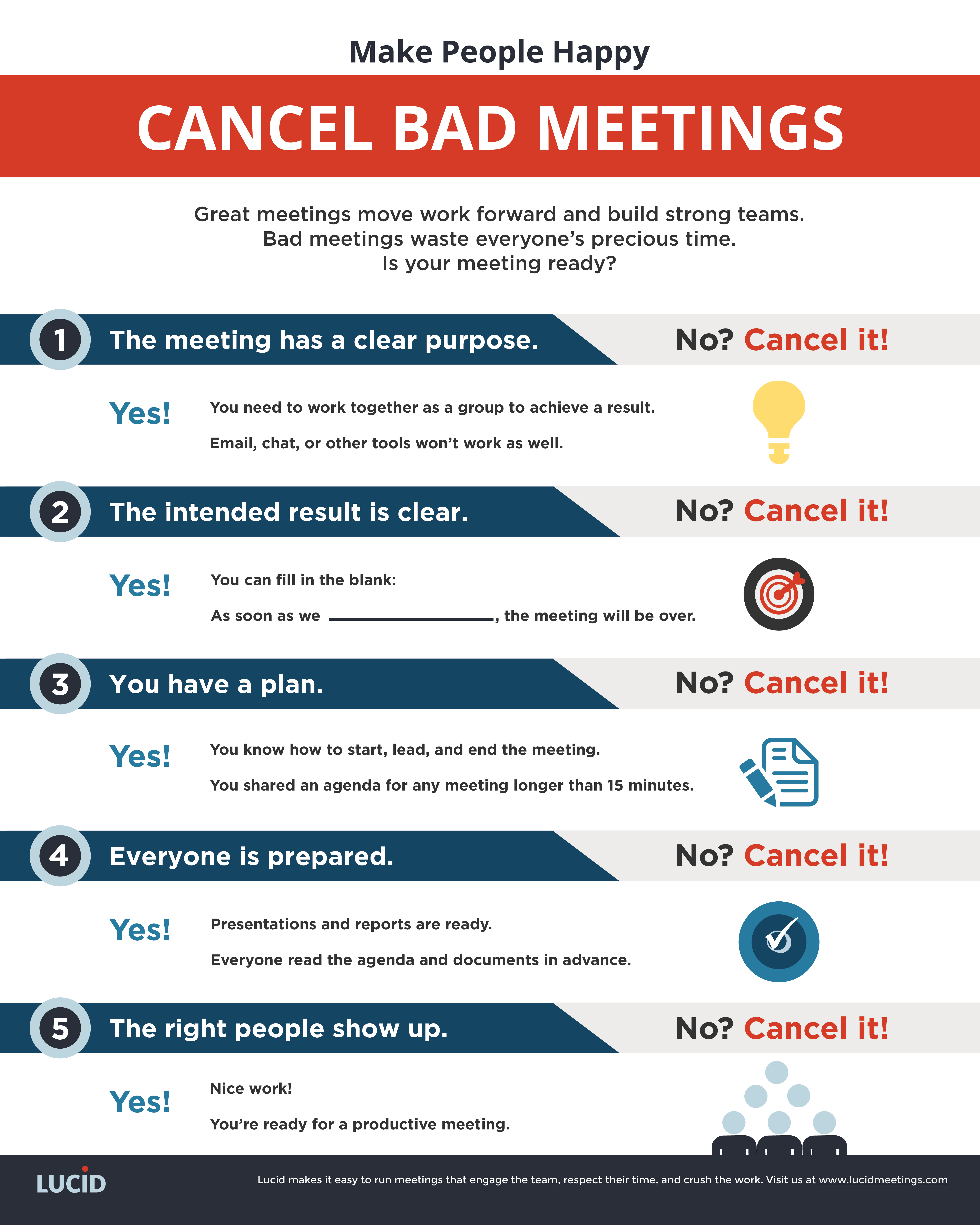Why It’s a Mistake to Run Strategy Sessions Yourself
Small businesses thrive because their leaders have a can-do mentality; they take on all manner of specialist tasks, just to get it done on time and on budget. I’m the same.
But when it comes to running your strategic planning session, I’d urge you not to DIY.

You Really Do Need Neutrality
Anyone with a vested interest in the strategy shouldn’t run the process. That’s because when we have a vested interest, we tend to steer the process unconsciously. This applies to leaders and contributors, but when leaders facilitate, the influence is even stronger.

Don’t take it from me, though. Take it from another small business leader. When I interviewed Todd Nienkerk of Four Kitchens, he had this to say:
“…as the organization has grown, I’ve needed to deliberately step out of facilitation, because if I’m running a meeting, it’s a natural thing for people to defer to the boss. What we want is for people to challenge things, so we need someone to facilitate who is more of a peer, not someone in senior leadership. Leadership should participate, not facilitate.”
Does that mean you can assign strategic planning facilitation to someone on your team?
Sometimes.
Peer-led strategy sessions tend to work when you plan at the level of functional or project teams. For example, you can take someone from Marketing, have them facilitate for the Operations team, and then flip.
Peer-led facilitation is preferable to leader-led. It can also somewhat mitigate the problem of objectivity – but not completely. Vested interests know no organizational boundaries.
Free Up Your People
Peer-led facilitation also isn’t ideal for company-wide strategic planning. Everyone in your organization has a vested interest in the meta-plan. And everyone should have a chance to really contribute.

A facilitator needs to be almost invisible. They need to focus on guiding the process and pipe up only when the team needs help moving forward. By asking a team member to facilitate – to facilitate properly – you’re effectively muting that contributor. And that’s not good for strategy.
Specialization Matters
Finally, I’ll make an argument for specialization. In small businesses, we pride ourselves on our breadth and self-sufficiency. But sometimes it just takes too long to develop the skills to do something right, at the right time.
Yes, all leaders should know the process of strategic planning. But if the jargon and the steps are keeping you from getting it done, you need to outsource.

A strategic planning specialist will create the framework you need to get your strategy right. You may not need a facilitator/consultant for every quarterly review session thereafter, but to create a coherent, actionable framework, a specialist is invaluable.
Just to re-cap, there are three big reasons to outsource your process.
When you use a professional facilitator, you:
1) Get neutrality and objectivity;
2) Free up your people, so that they can focus on strategy; and,
3) Get it done right, right away.
Are there exceptions?
I’d say that if you’re a very small team – say, up to six team members – and you have excellent collaboration skills, you may get by without a facilitator. It goes without saying that one of you will need to know and map out the process for strategic planning. But when you get down to discussions, a very small, high-functioning team can hash it out.



